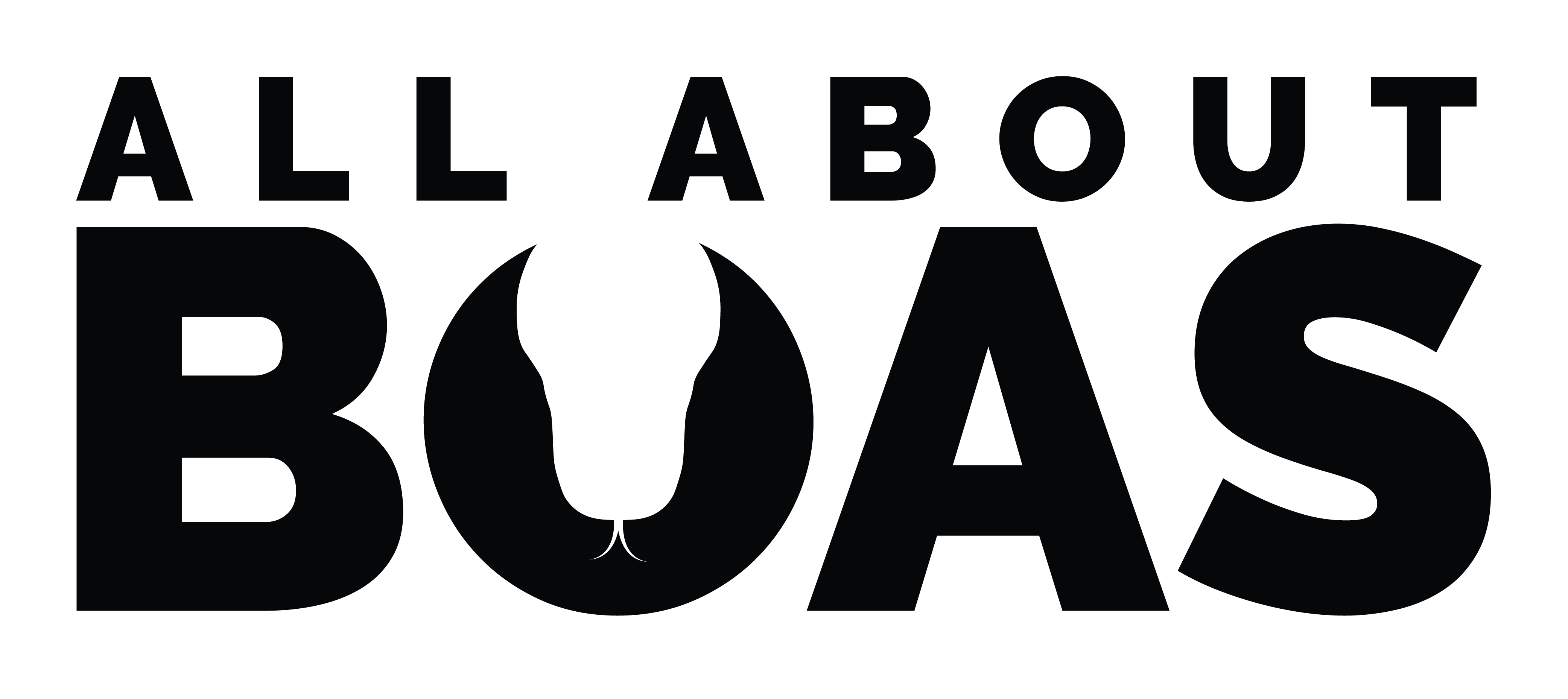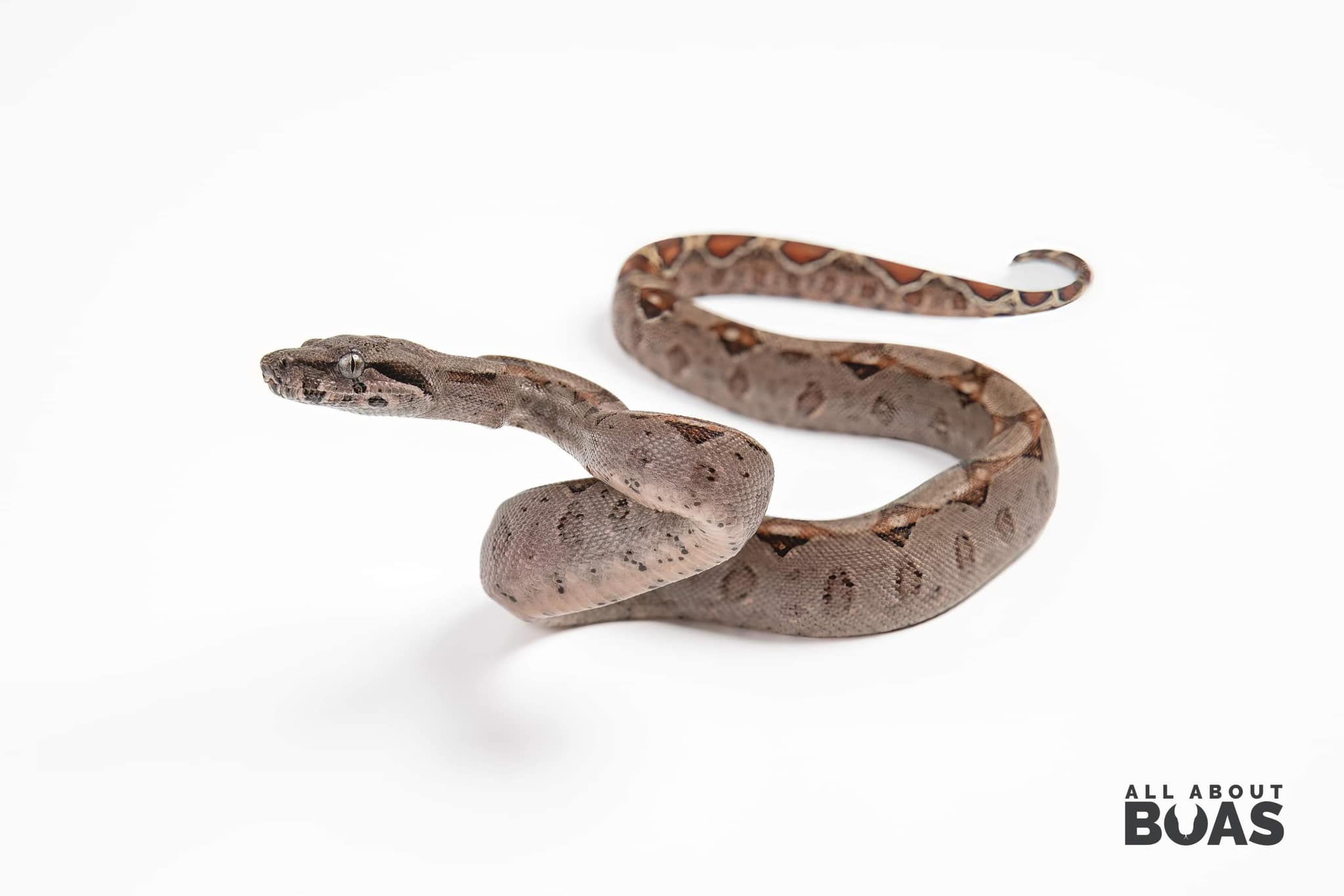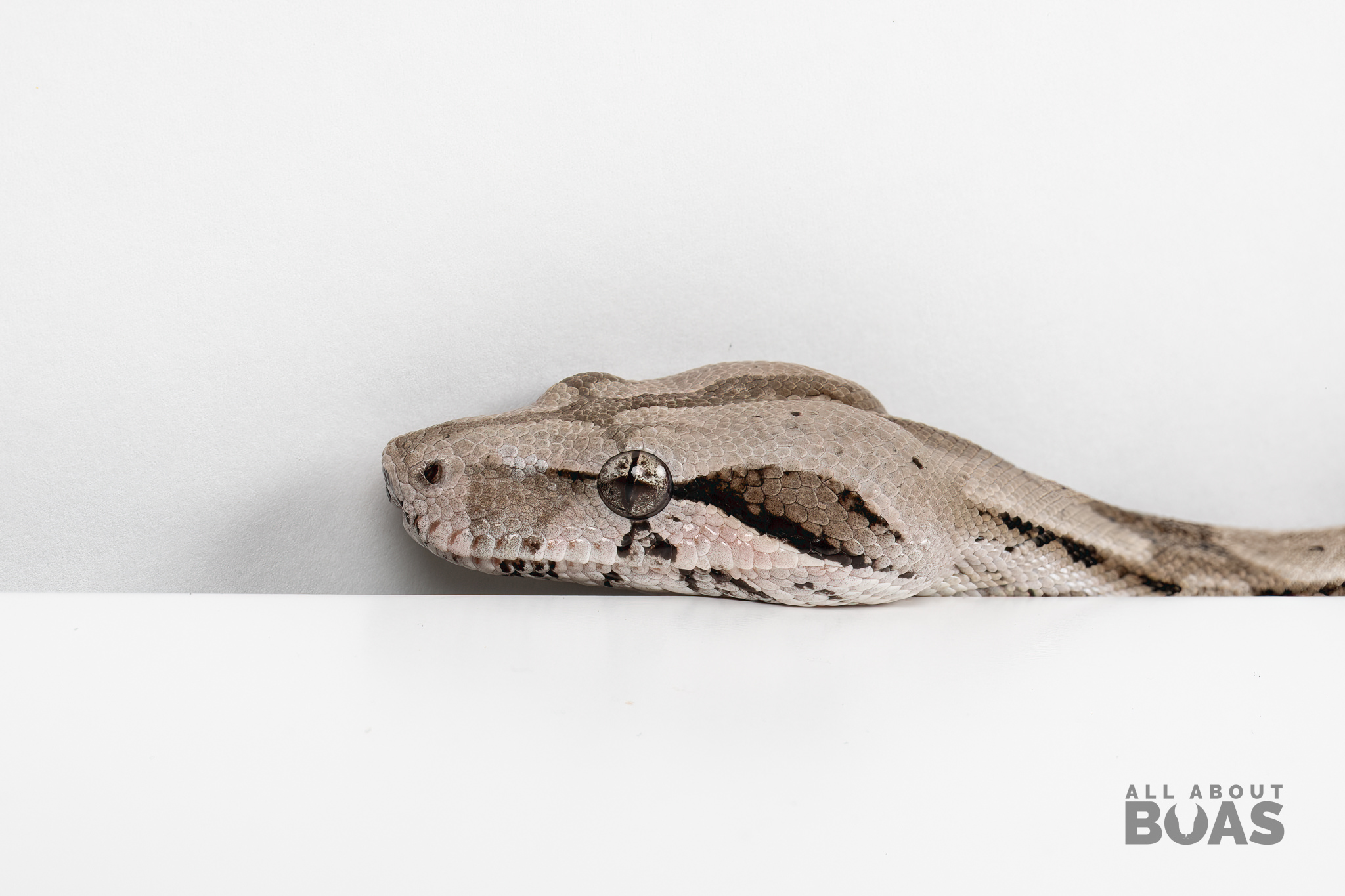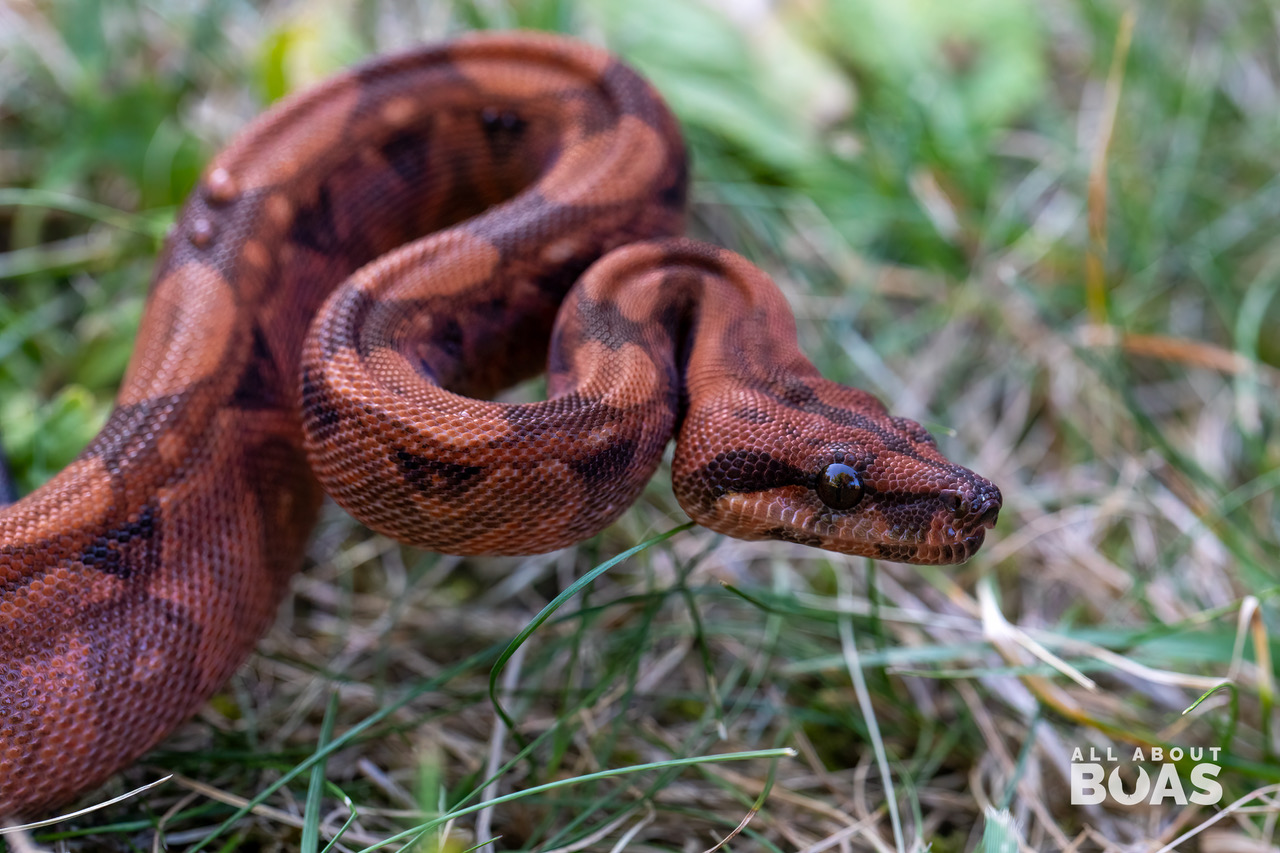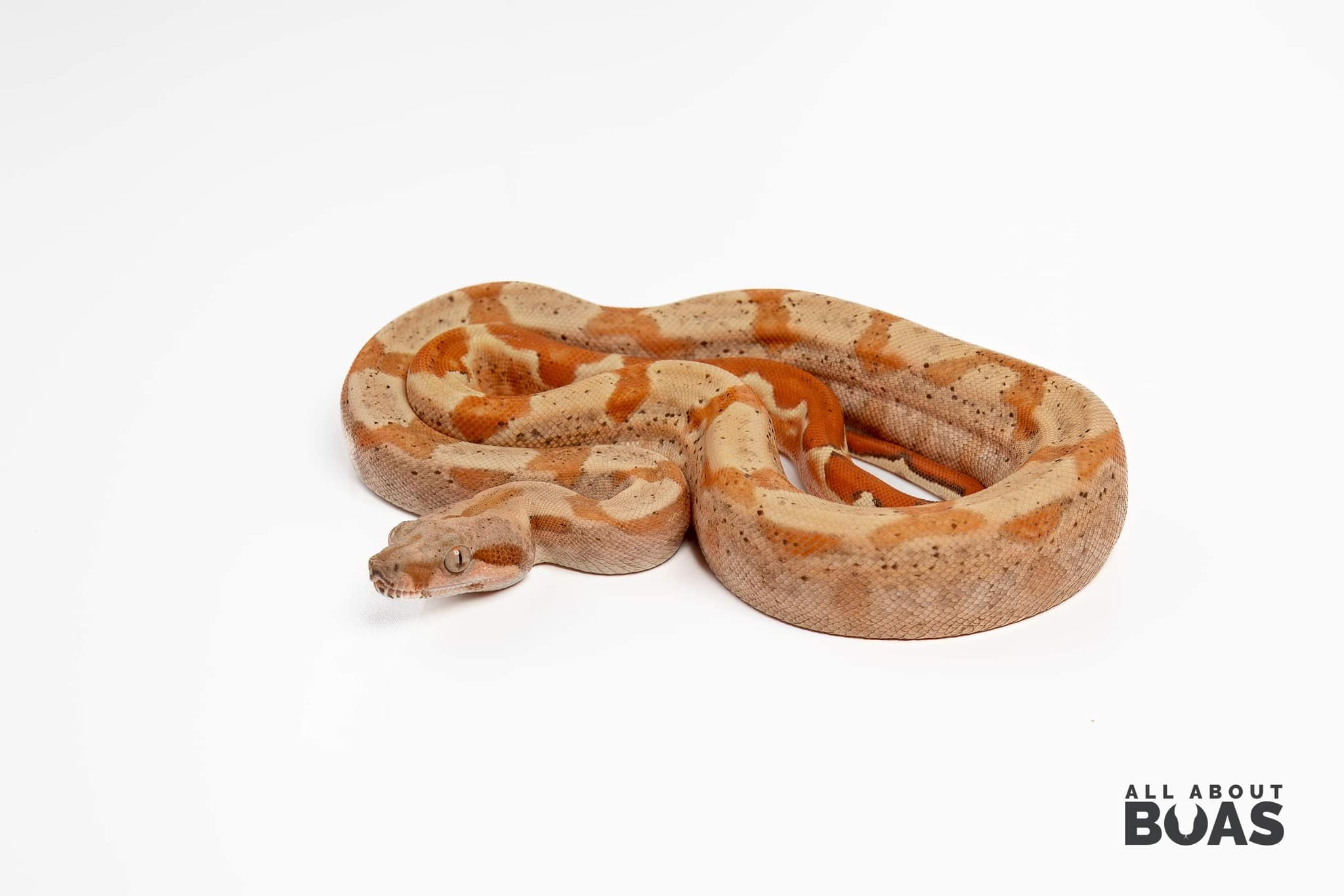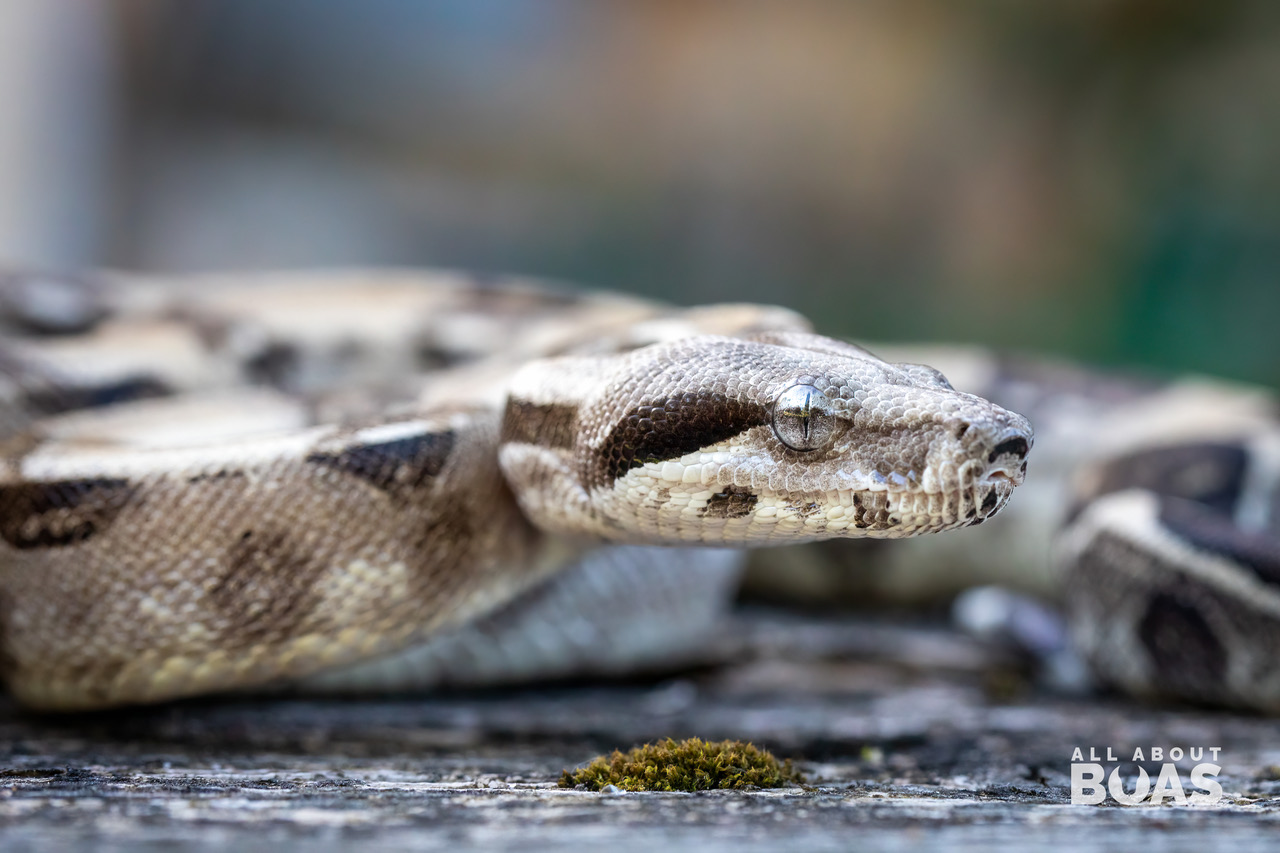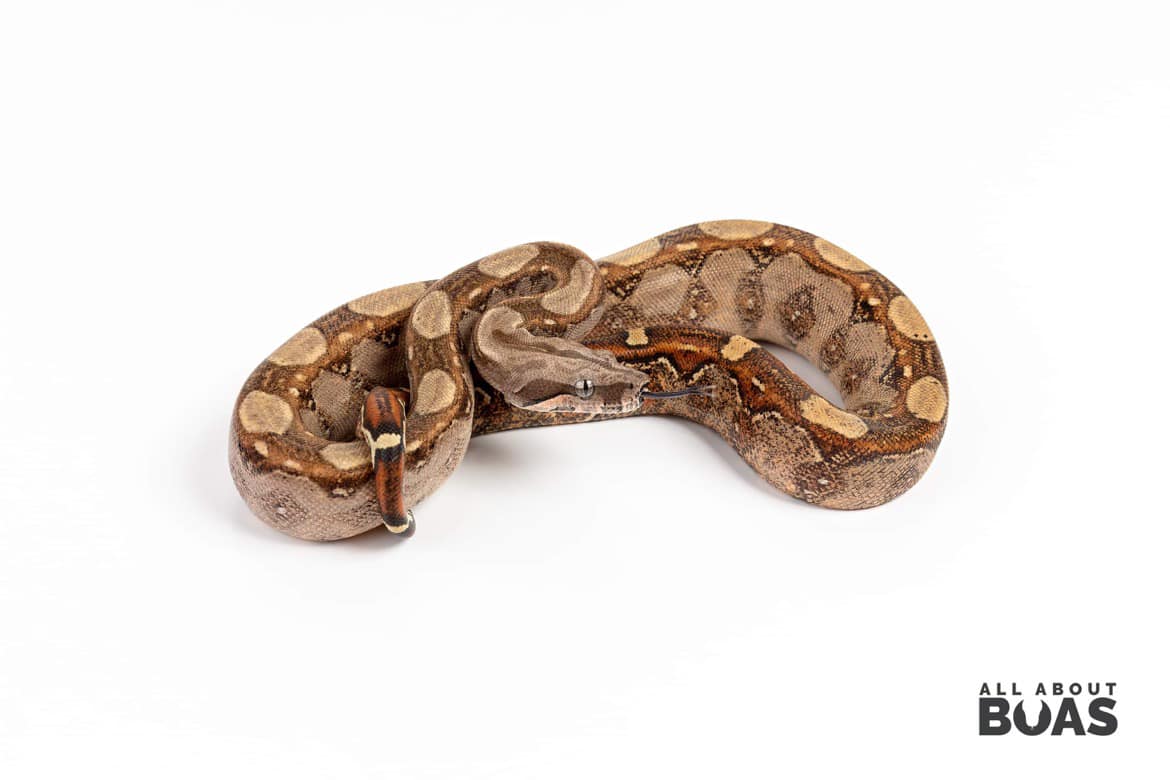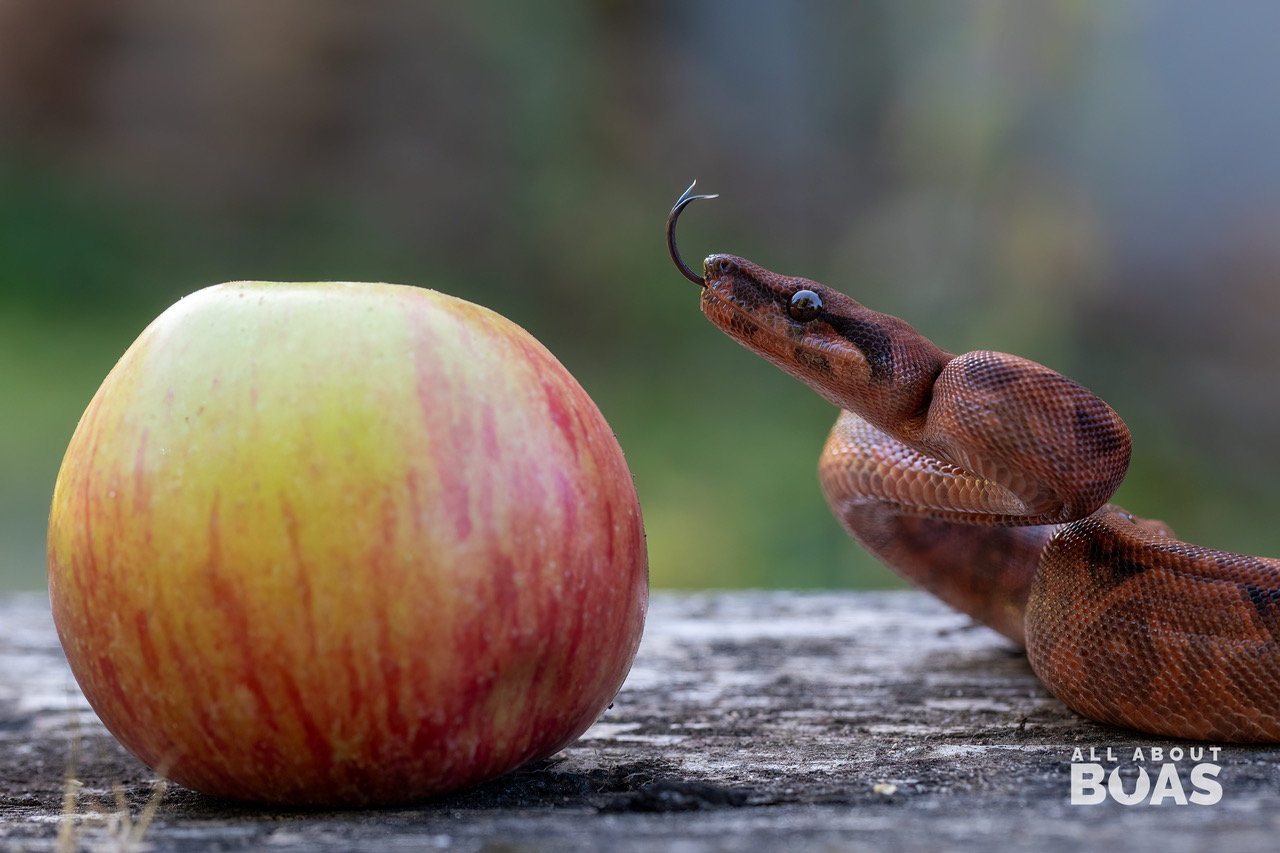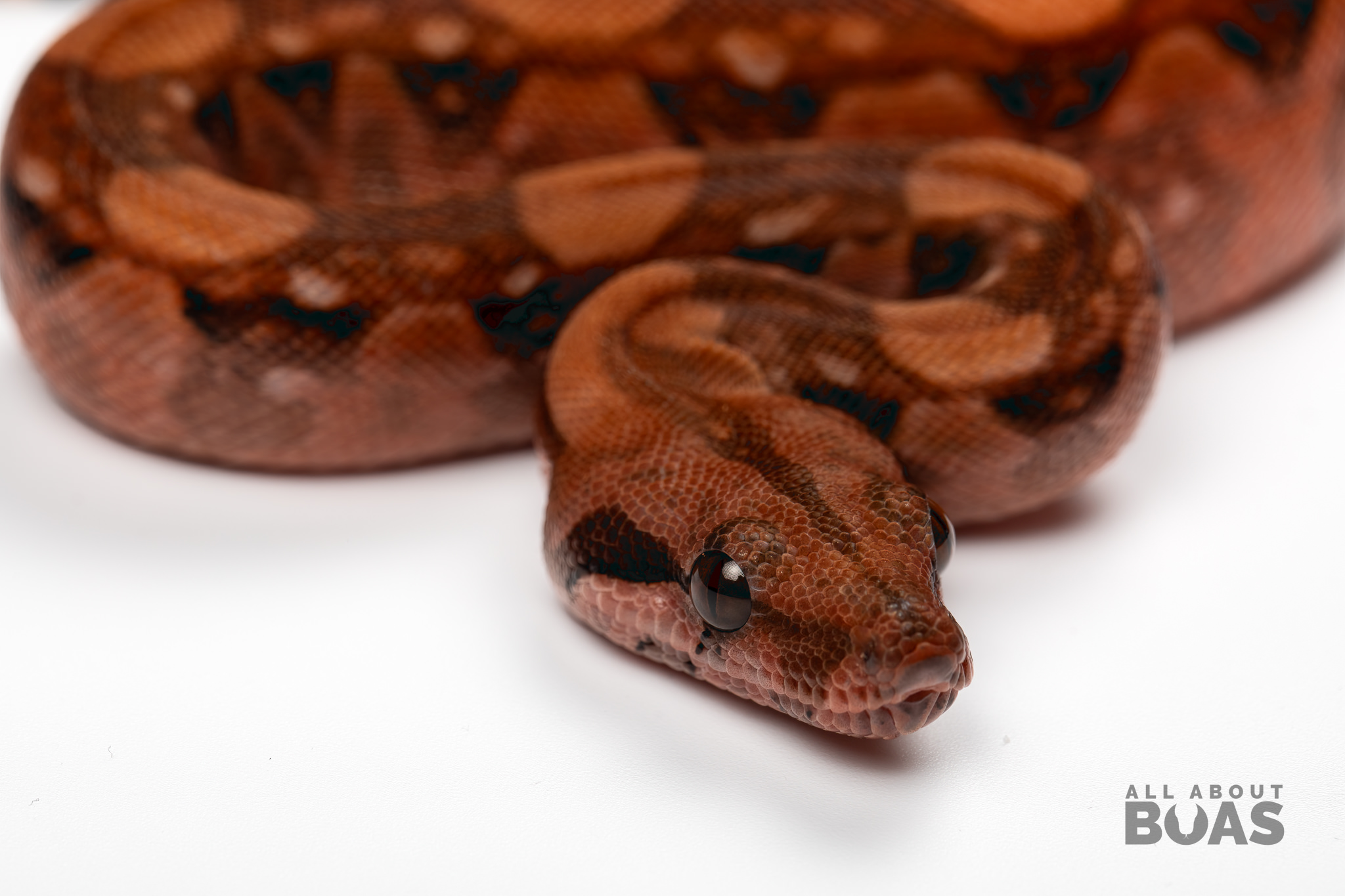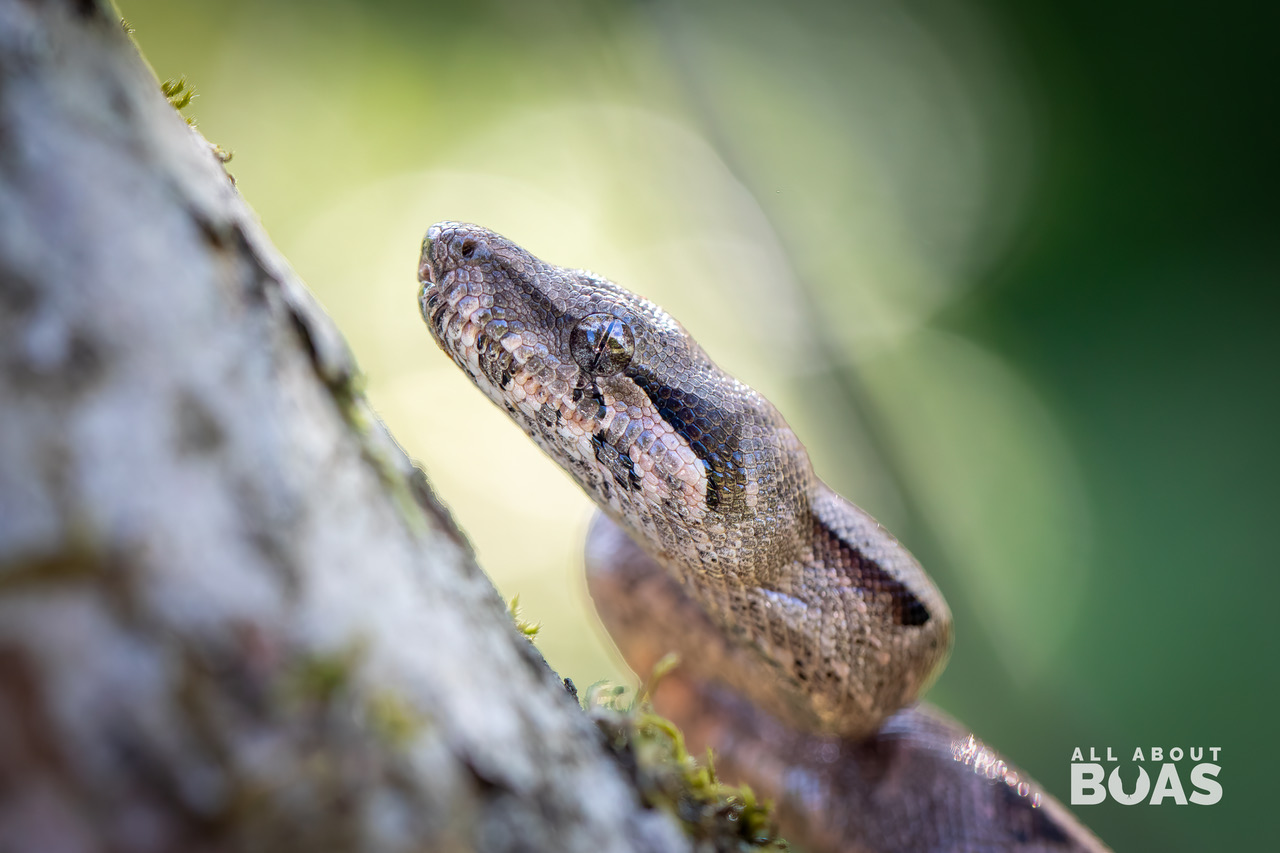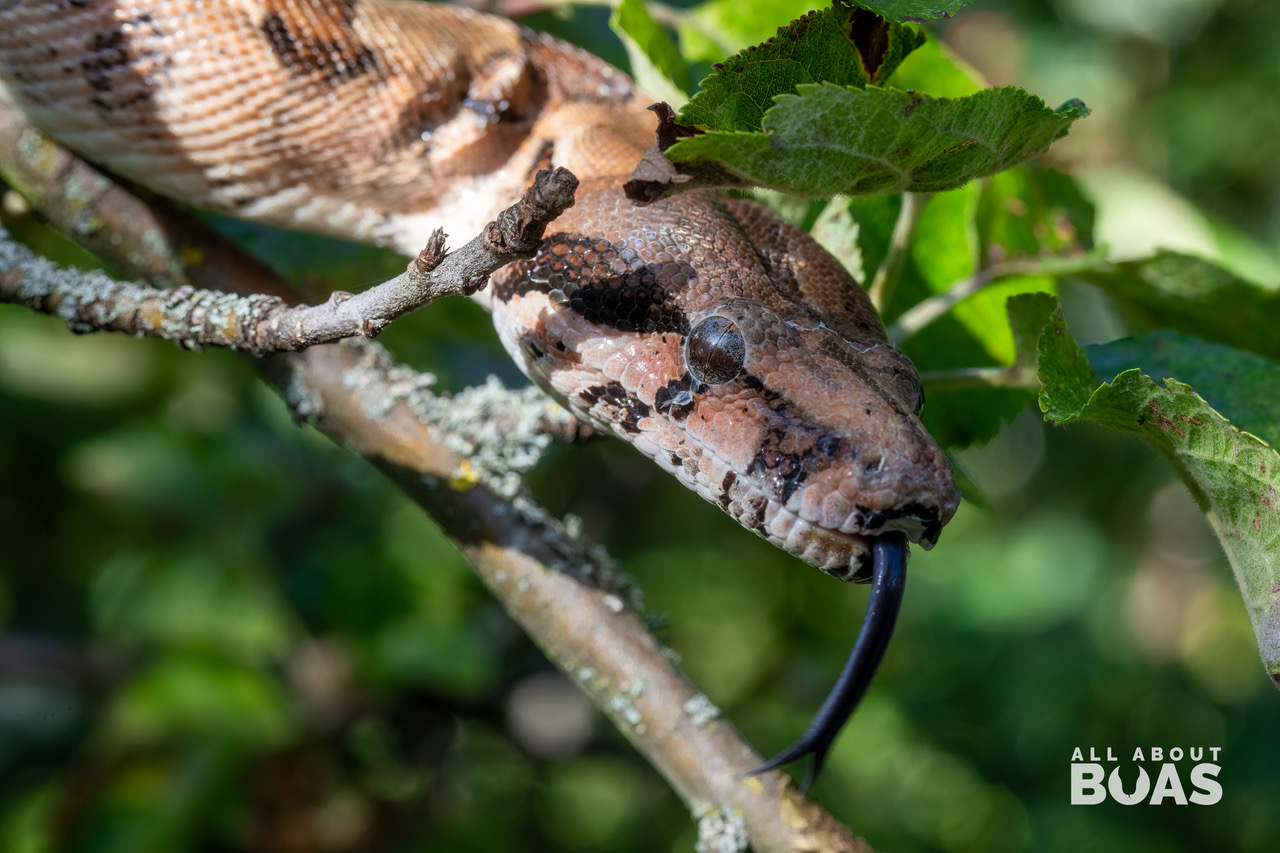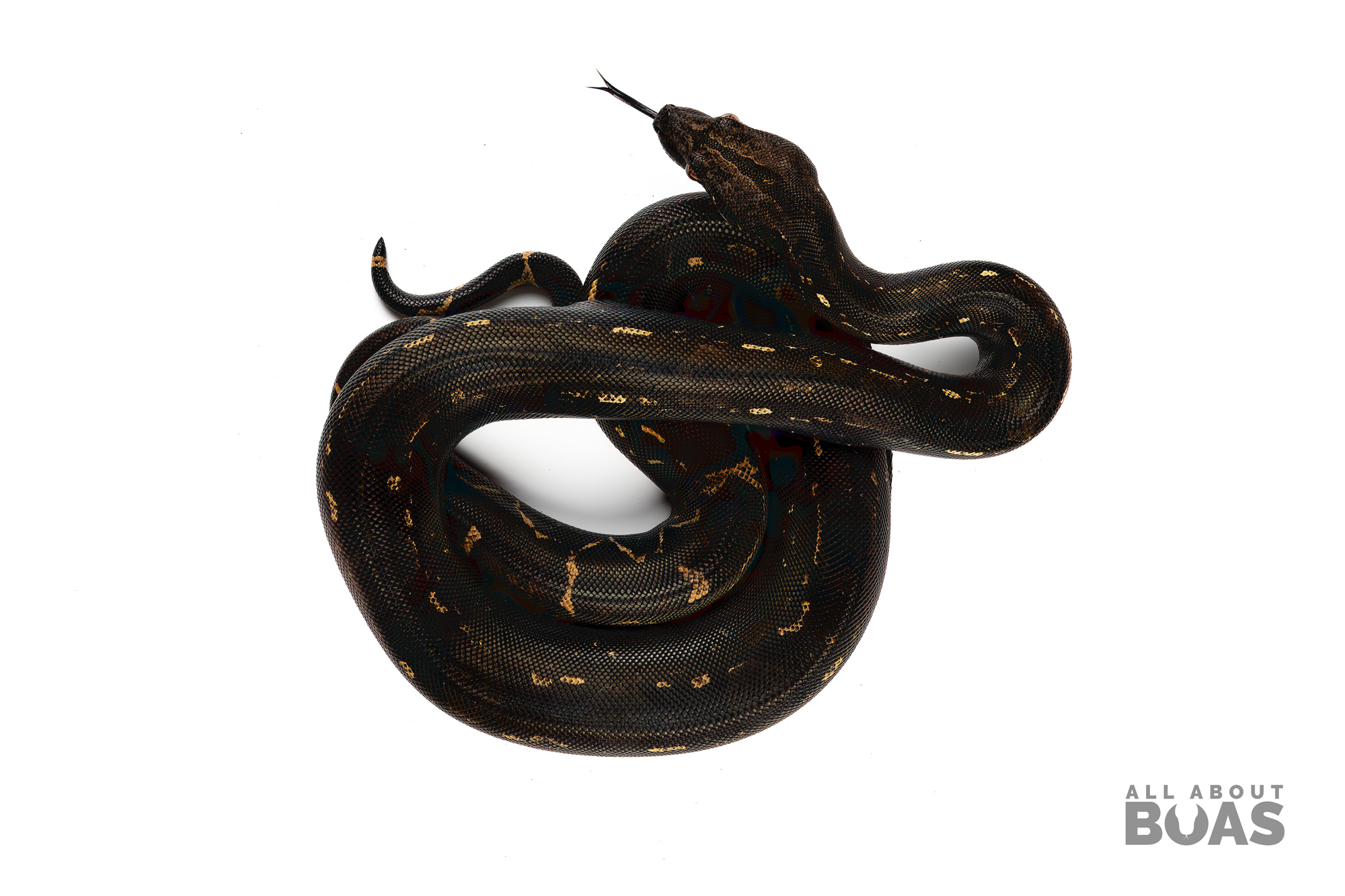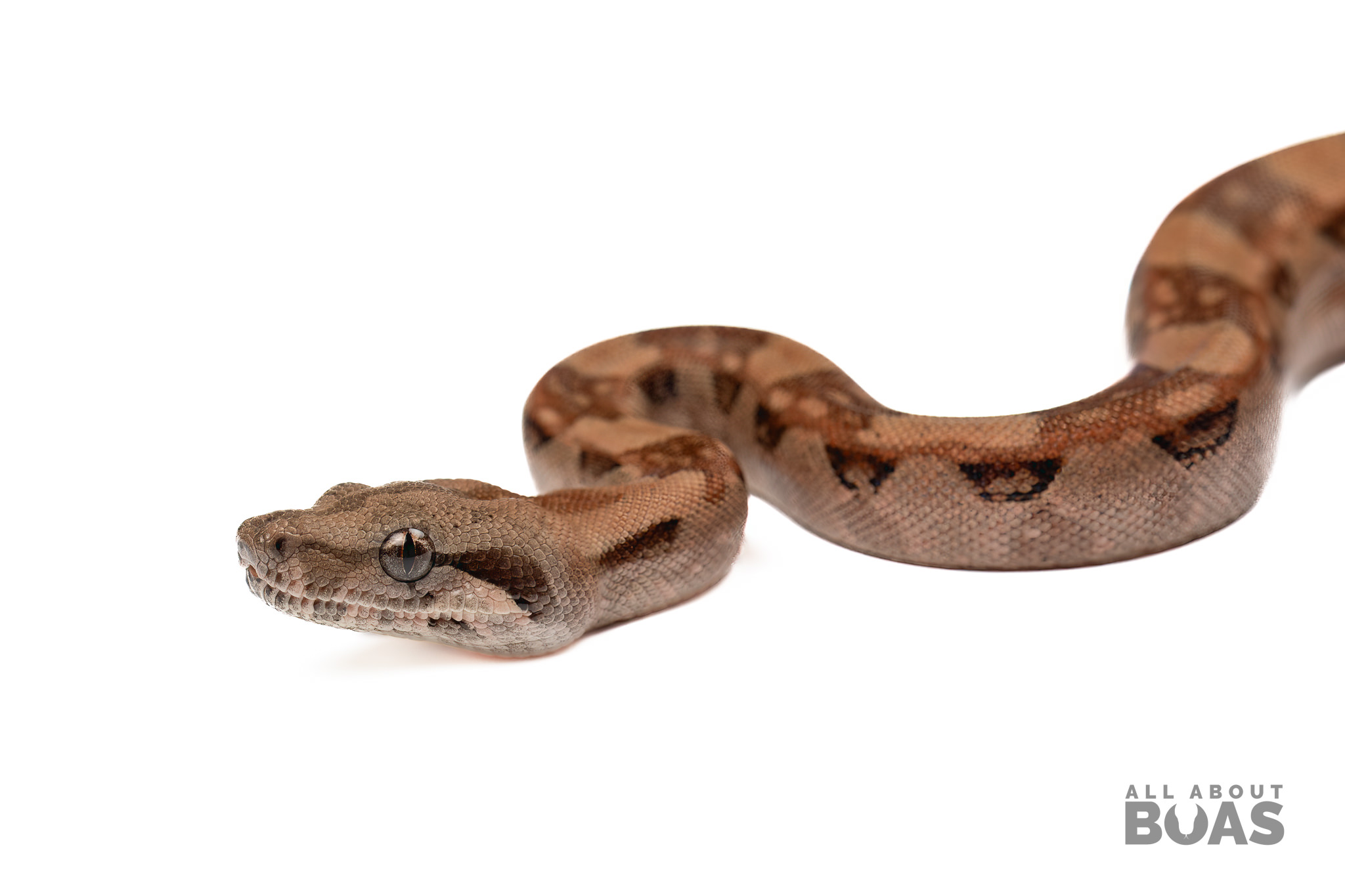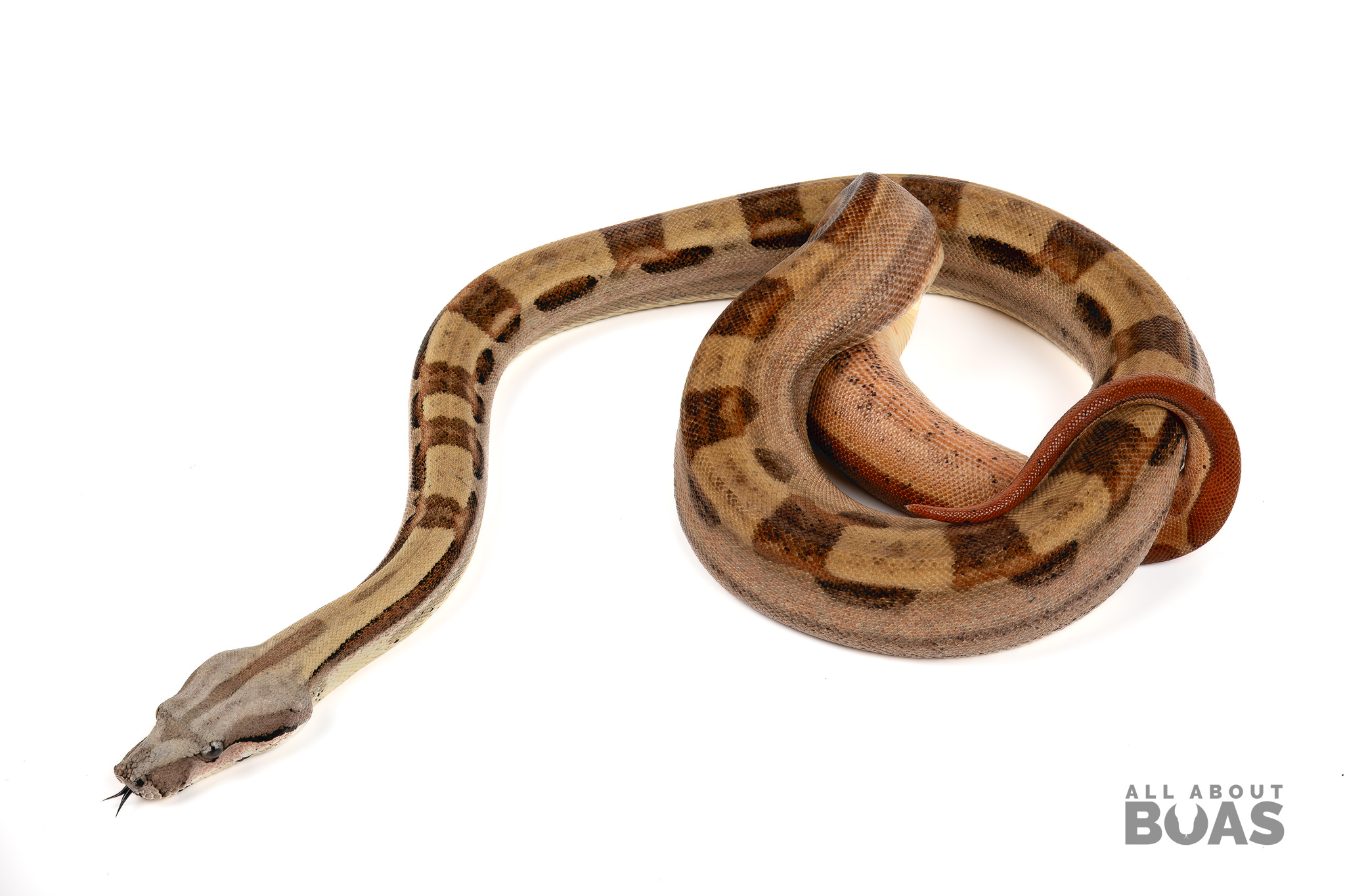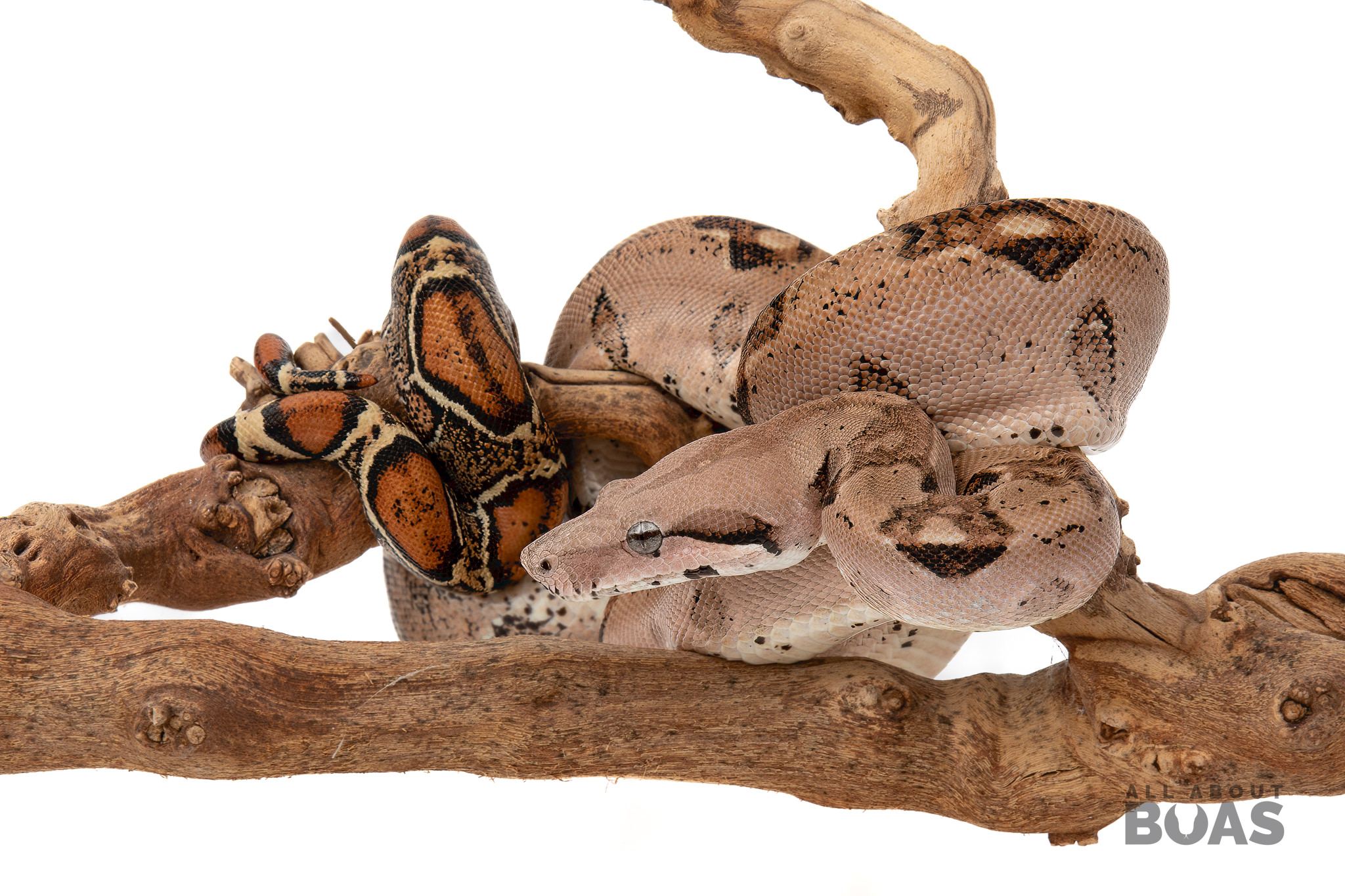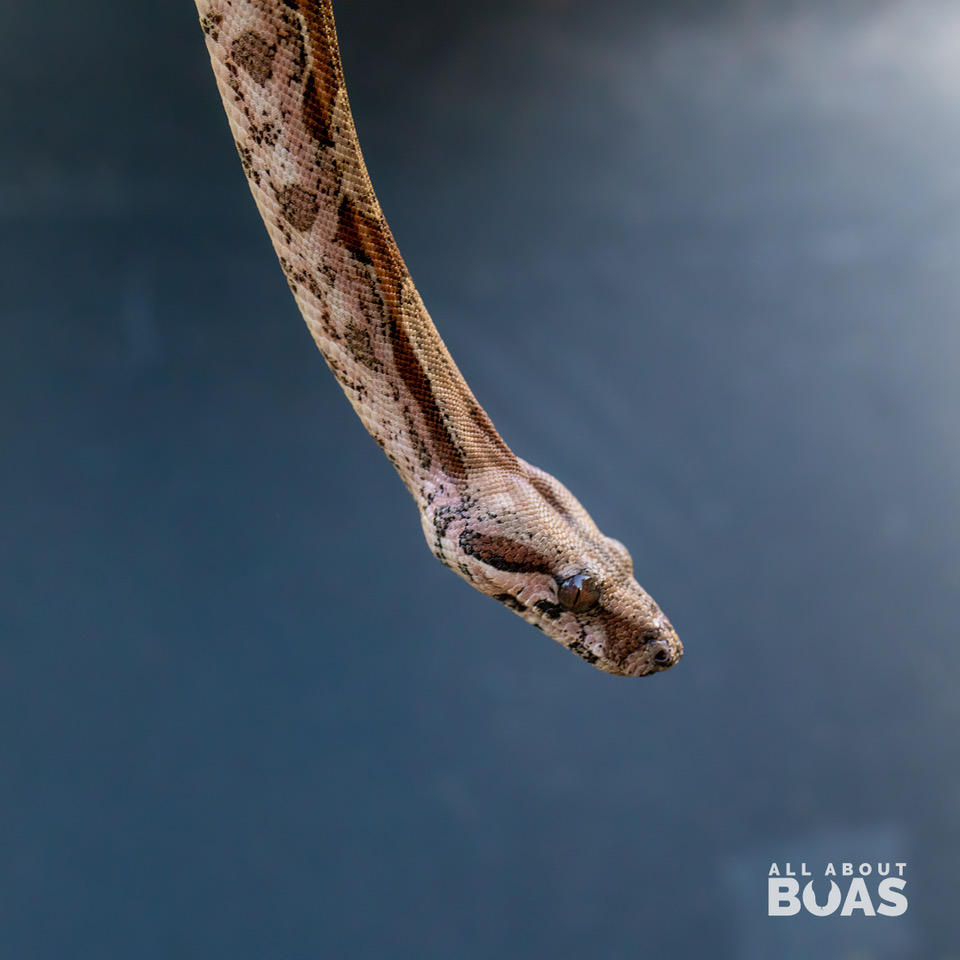
Boa constrictors, with their mesmerizing beauty and enigmatic nature, have long been surrounded by myths and misconceptions. These intriguing creatures, native to Central and South America, often fall victim to misinformation and misunderstandings. Let's take a journey to unravel some of the most common myths and misconceptions about boa constrictors, shedding light on the truth behind these magnificent snakes.
Myth 1:
Boa Constrictors are Venomous Killers One of the most pervasive myths about boa constrictors is that they are venomous. In reality, boa constrictors are non-venomous constrictor snakes. They rely on their powerful muscles to squeeze their prey, leading to a humane and swift death. Boas are not aggressive towards humans and pose no significant threat to people when left undisturbed.
In fact, it's worth noting that there are more accidents involving common household pets like dogs or cats than with boa constrictors. Accurate knowledge and understanding of these snakes can help dispel unnecessary fears and misconceptions.
Myth 2:
Boa Constrictors are Giant and Dangerous While boa constrictors can grow to an impressive size, they are not the monstrous killers often portrayed in movies and sensationalized stories. These snakes come in various sizes, and most captive boas are manageable and docile with proper handling and care. Boa constrictors are not inherently dangerous; their behavior largely depends on their upbringing and environment.
Myth 3:
Boa Constrictors are Always Hungry Contrary to popular belief, boa constrictors do not have an insatiable appetite. Their feeding schedule depends on their age, size, and individual metabolism. Boas do not attack humans for food; they are opportunistic hunters in the wild and prefer small to medium-sized prey. Overfeeding can be harmful to their health, so responsible feeding practices are essential.
Myth 4:
Boa Constrictors are Aggressive and Unpredictable Boa constrictors are not naturally aggressive animals. Like most animals, they may become defensive if they feel threatened. However, with proper handling and a stress-free environment, boas can be quite docile and tolerant of human interaction. It's crucial to approach them calmly and gently to foster trust and avoid triggering defensive behavior.
Myth 5:
Boa Constrictors are Easy to Care For While boa constrictors are popular pets, they require specific care and attention. Providing the right environment, including appropriate enclosure size, heating, humidity, and mental stimulation, is essential for their well-being. Owning a boa constrictor demands commitment and knowledge to ensure they thrive in captivity.
Myth 6:
Boa Constrictors are Indiscriminate Killers Boa constrictors do not kill for pleasure or out of aggression. In the wild, they hunt to survive and reproduce, maintaining the natural balance of their ecosystem. When properly cared for in captivity, boa constrictors pose no threat to their owners, as they do not exhibit aggressive behavior without reason.
In conclusion, boa constrictors are fascinating and misunderstood creatures. By dispelling these myths and misconceptions, we can appreciate them for what they truly are: magnificent and complex animals deserving of respect and understanding. Responsible ownership, education, and conservation efforts are essential to ensuring the well-being of boa constrictors and preserving their rightful place in the natural world.


